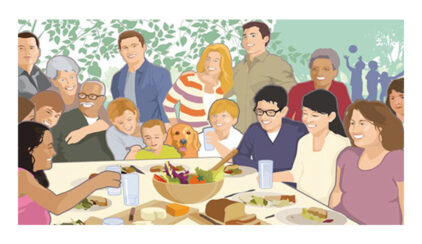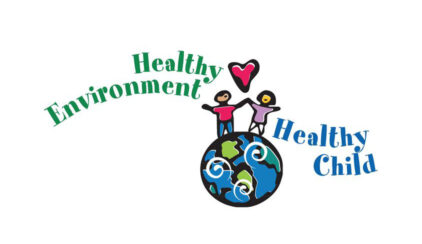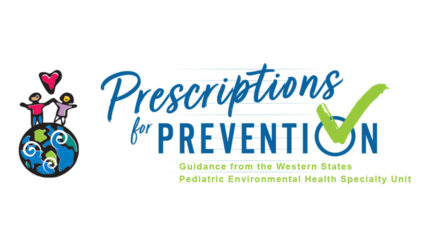Training & Continuing Education

Our multimedia eBook grounds the science of health in stories of fictional people, their families, and communities to enable readers to explore the risk factors for disease as well as how to prevent disease and promote health and resilience.

The mobile-friendly Toolkit app allows you to access simple ways to incorporate anticipatory guidance on environmental health during well child visits. View evidence-based overviews on health hazards related to air, water, food and products.

How and where we live, eat, sleep, work, and play, has huge impacts on our health! Prescriptions for Prevention guide parents and caregivers in the best actions to protect children’s environmental health and prevent future harm.
The PEHSU National Classroom offers online courses and webinars on a variety of children’s environmental health topics: pesticides, lead, mercury, carbon monoxide, indoor air quality, extreme weather, mold, and more. Continuing education credits are available for free from the CDC.

